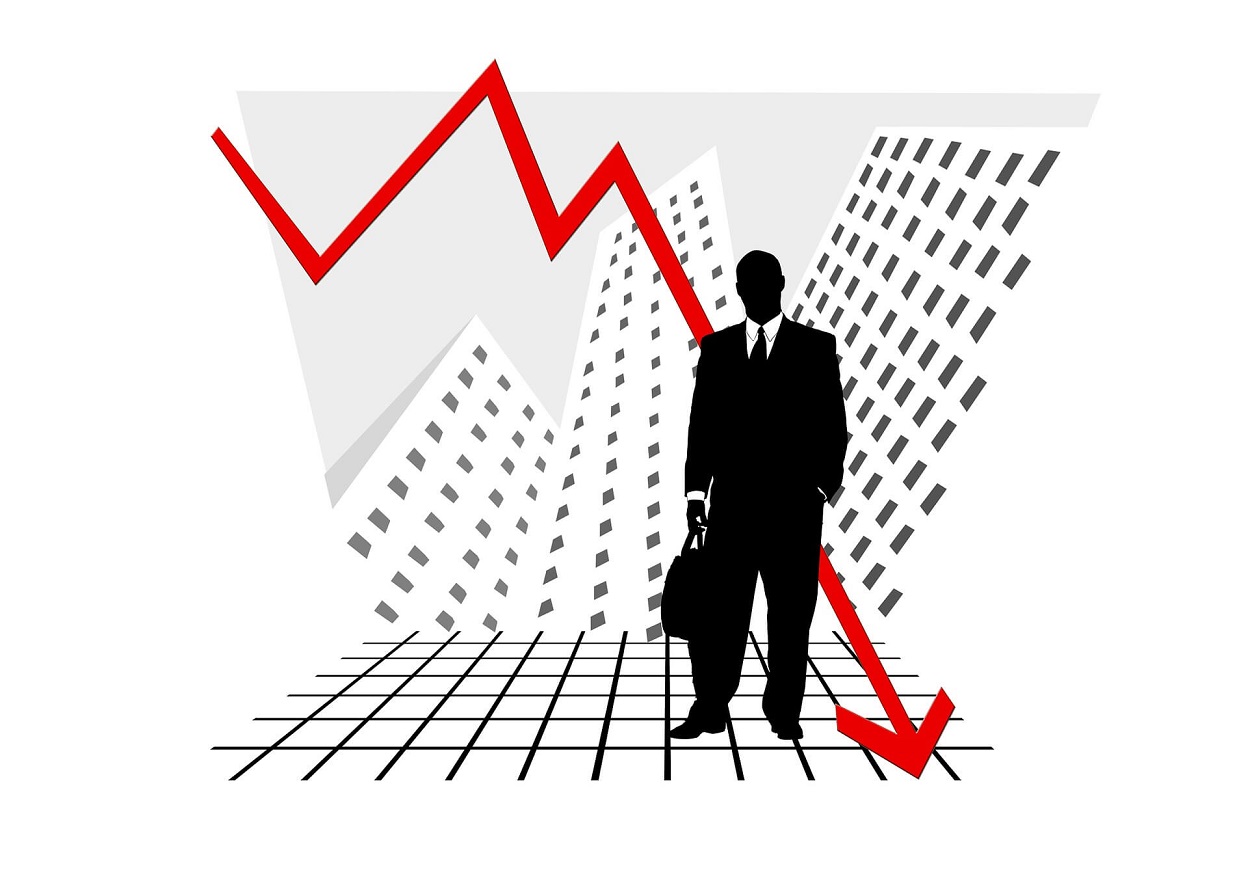News and Views

| April 2020
COVID-19: Temporary changes to insolvency laws to provide relief for businesses and individuals
The Coronavirus Economic Response Package Omnibus Bill 2020 (‘the Bill’) came into effect on 25 March 2020 to provide a safety net to help businesses continue to operate during a period of temporary illiquidity caused by the COVID-19 pandemic and also assist individuals to manage their debt so as to avoid bankruptcy.
In short, the Bill amended the Corporations Act 2001 and the Bankruptcy Act 1966 to (amongst other things) temporarily:
- Increase the minimum amount to issue a statutory demand on a company to $20,000 (previously $2,000) and extend the time to respond to 6 months (previously 21 days);
- Provide greater relief to directors from exposure to personal liability for insolvent trading; and
- Increase the minimum amount to issue a bankruptcy notice on an individual to $20,000 (previously $5,000) and extend the time to respond to 6 months (previously 21 days).
Statutory Demands
A statutory demand is a formal notice requiring a company to pay a debt within a fixed period of time. If the company does not respond within time by paying either the debt, reaching a compromise acceptable to the creditor, or applying to Court to set aside the demand (eg because there is a genuine dispute the debt is owed) then the company will be presumed insolvent and the creditor can rely on this presumption to force the company into liquidation. Although statutory demands are not designed to be a debt recovery tool, in practice they are often deployed by creditors to encourage companies to pay uncontested debts given the serious consequences that can flow from a failure to comply.
To issue a statutory demand creditors previously had to be owed at least $2,000. This has now temporarily been increased to $20,000.
The time period for a company to respond to a statutory demand was previously 21 days from the date it was served. This has now temporarily been extended to 6 months.
These changes are set to apply to any statutory demands that are served in the 6 month period from 25 March 2020. The previous thresholds of $2,000 minimum debt and 21 days to respond will still apply to any statutory demands served before 25 March 2020.
These changes are designed to encourage businesses to trade through the current crisis by preventing creditors from winding up companies over smaller debts and giving debtors more time to respond.
Insolvent Trading
In simple terms, a company is insolvent if it is unable to pay its debts as and when they fall due. Directors must not allow their companies to trade whilst insolvent. A director will ordinarily breach this duty in circumstances where (i) the company is insolvent or becomes insolvent by incurring a debt, (ii) there are reasonable grounds for expecting that the company is or will become insolvent, (iii) the director is aware or ought reasonably to be aware that this was the case, and (iv) the director fails to prevent the company from incurring the debt. The consequences for a director for insolvent trading include personal liability for the debts incurred by the company, as well as potential civil penalties and even criminal charges where dishonesty is a factor.
The ‘safe harbour’ provisions of the Corporations Act provide an exemption from liability for insolvent trading where directors are developing a course of action which is reasonably likely to lead to a better outcome for the company than administration or liquidation.
The Bill had the effect of temporarily expanding these safe harbour exemptions. Directors may now avoid liability for insolvent trading where:
- the debt is incurred in the ordinary course of the company’s business;
- the debt is incurred during the six month period starting on 25 March 2020 (or a longer period if set by the regulations); and
- the debt is incurred before any appointment of an administrator or liquidator of the company during the temporary safe harbour application period.
The explanatory memorandum to the Bill suggests that a debt may be taken to have been incurred ‘in the ordinary course of business’ when it is necessary to facilitate the continuation of the business. The examples provided include a director taking out a loan to move some business operations online and debts incurred through continuing to pay employees during the pandemic. Ultimately, the circumstances of each company will be different and directors will need to satisfy themselves that the debts fall within the ordinary course of their particular company’s business.
Of course, egregious cases of dishonesty and fraud will continue to attract criminal penalties.
Although the insolvent trading provisions have been temporarily relaxed somewhat, directors must still comply with the other duties. For example, directors must act with skill and care in discharging their obligations. Courts have also indicated in the past that directors are required to consider the interests of creditors in circumstances where the company is insolvent or close to being insolvent. Directors may be personally liable for claims by the company if they fail to act with due diligence and care and this prejudices the company and its creditors. As such, it would be prudent for directors to still carefully consider whether they can realistically trade out of any present difficulties and seek specialist advice concerning the company’s financial position and the establishment of a restructuring plan.
Bankruptcy Proceedings
Alongside protection for business, the Bill also provided a lifeline to individuals through amendments to the Bankruptcy Act 1966.
A bankruptcy notice is a formal demand for payment that is served on an individual based on a final judgment or Court order. An individual who fails to pay within time will commit an act of bankruptcy, which a creditor can rely upon to have the individual declared bankrupt and a trustee appointed to assume control over their assets.
To initiate bankruptcy proceedings creditors previously had to be owed at least $5,000. This has been temporarily increased to $20,000.
The time period for an individual to comply with a bankruptcy notice was previously 21 days. This has been temporarily extended to 6 months.
This changes will apply for 6 months from 25 March 2020.
To further assist debtors, there has been an extension to the timeframe in which a debtor is protected from enforcement action by a creditor following presentation of a declaration of intention to present a debtor’s petition. As with other comparable measures, that period has been extended from 21 days to six months.
Key Takeaways
For debtors
- If your company is served with a statutory demand, or if you are an individual served with a bankruptcy notice, consider whether it meets the new temporary minimum debt threshold of $20,000.
- You will have 6 months from being served with the statutory demand or bankruptcy notice to respond (eg by trading through any temporarily challenges, negotiating payment plan, or taking steps to set aside the demand/notice).
- Directors may take some comfort from the temporarily expanded safe harbour provisions, but should still be ensure that they act with due diligence and care in managing the affairs of their companies.
For creditors
- Consider whether, in light of the new thresholds and timeframes, a statutory demand or bankruptcy notice is going to be the best option at the moment to recover your debt. There are other potential avenues available.
- If you receive a declaration of intention to present a debtor’s petition, any consequent enforcement action cannot proceed for 6 months.
Deutsch Miller Contacts
Deutsch Miller can assist in relation to all above issues. Please reach out if you have any questions.
CHRIS STEVENS
Partner
E [email protected]
D + 61 2 9210 7771
LUCIA NADESAN
Associate
E [email protected]
D + 61 2 9210 7762
The above information is general in nature and should not be relied upon as legal advice. It is current as at 9 April 2020, but may change with the rapidly developing events.
Image by Gerd Altmann from Pixabay


